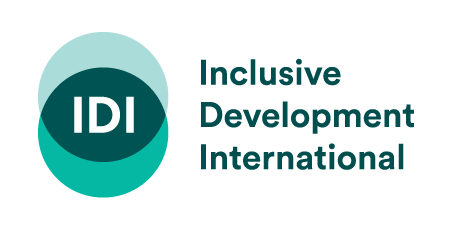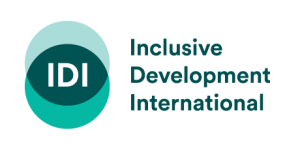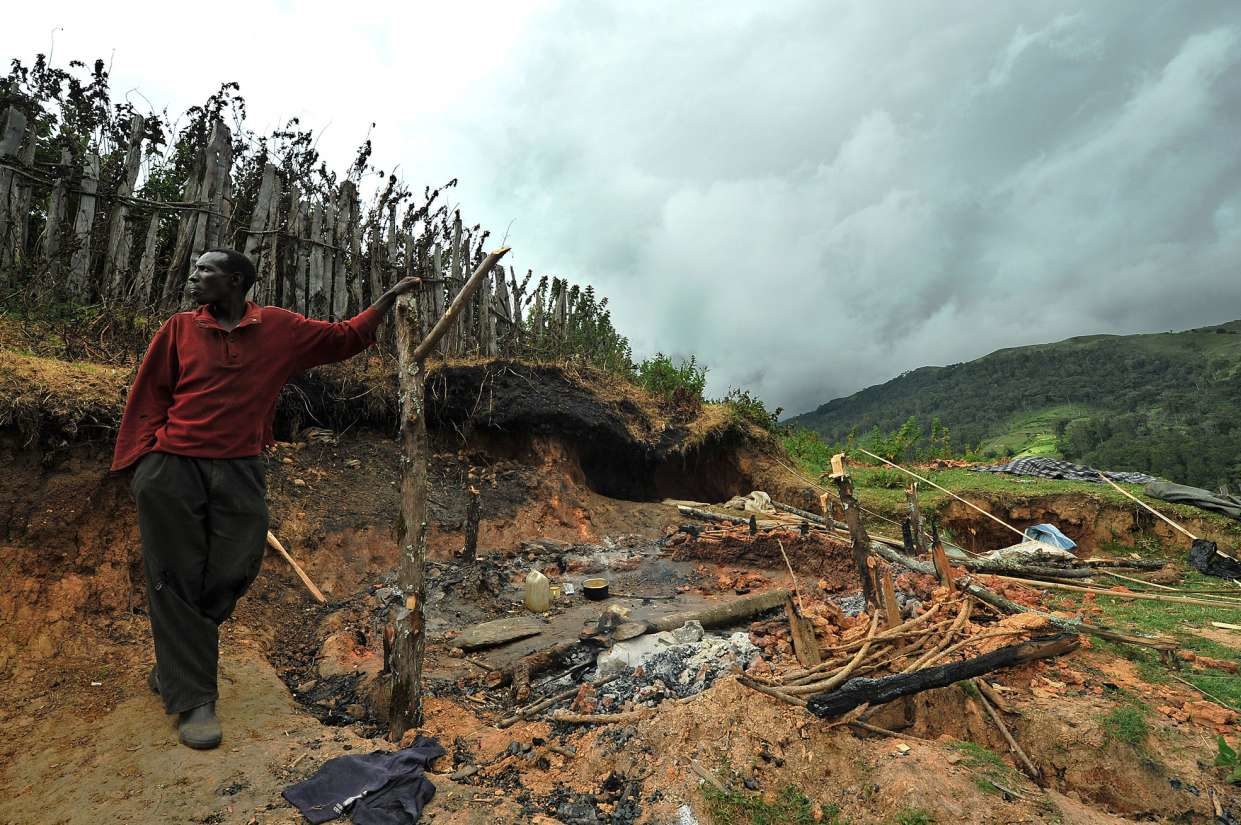(Washington, DC) – After withering global criticism of the World Bank’s proposal to weaken longstanding environmental and social protections, or safeguards, the US Congress has weighed in forcefully.
The 2016 Consolidated Appropriations Act, which was adopted on Friday, instructs the US Treasury department to oppose any World Bank policy that provides less protection than the Bank’s current safeguard requirements. This budget bill specifically requires the United States to vote against any new loans or grants if the Bank weakens its safeguard policies.
“Congressional action to prevent the World Bank’s efforts to weaken environmental and social safeguards is of the utmost importance for the rights of communities impacted by destructive projects,” said Stephanie Fried of the Ulu Foundation. “Importantly, the Act also bans US support for large-scale logging and mining in primary tropical forests.” “
The fact that the US now requires ‘rigorous human rights due diligence’ at all multilateral financial institutions, including for projects likely to involve displacement of local communities, is of enormous importance to local communities impacted by international financial flows,” said Rio Ismail of Ecological Justice Indonesia.
“”If there is one lesson to glean in development, it is this: Real development cannot happen without human rights,” Jocelyn Medallo, Senior Attorney at the Center for International Environmental Law, added. “We welcome the United States’ commitment to ensuring that the World Bank and other development institutions conduct ‘rigorous human rights due diligence and risk management’ for all loans, grants, policies or strategies.”
The bill also calls for the US to seek to require the International Finance Corporation and other multilateral institutions to publish the identities of the “beneficial owners” of private companies receiving public funds and blocks entry to the US of foreign officials or their immediate family “about whom the Secretary of State has credible information” regarding their involvement in significant corruption, including corruption related to the extraction of natural resources, or gross violations of human rights.
“By insisting on the publication of the names of the shadowy owners of offshore funds supported by the IFC and other public financial institutions, and by making those engaged in corruption unwelcome in the U.S., Congress is taking important steps to lift the veil of secrecy that has enabled international criminal activity to flourish”, said Fried.
The Asian Development Bank’s Independent Evaluation Division identified the proposed draft World Bank safeguards as “aspirational” measures which “could dilute the strength of social and environmental protections” and called for “continued use of a requirements-based safeguards system.”
According to Pieter Jansen of the Dutch organization BothENDS, “We in Europe share the US senate concern that the World Bank’s proposed safeguards fall short of international law on human rights, and are neither in accordance with the Charter of Fundamental Rights of the European Union, the principles guiding EU external action, nor the implementation of international environmental agreements to which the EU is a party, including biodiversity commitments.” Jansen continued, “Like the US Congress vote for high standards for the World, the Dutch Parliament has also requested that the new Asian Infrastructure Investment Bank have Safeguards which are – at a minimum – equivalent to those of other MDBs. Both decisions are a step in the direction of an upward harmonization of the standards of international financial institutions. Hopefully other institutions and governments will follow suit.”
“We applaud the US initiative,” said Korinna Horta of German NGO Urgewald, “together with efforts in Germany and elsewhere, we hope that it will make human rights due diligence a matter of routine at the World Bank and consequently in global financial decision-making.”
“With millions of people set to be displaced over the next decade by mega-projects financed by the World Bank, it’s critically important that the bank’s largest donor has again sent a clear message that development must not come at the expense of human rights,” said David Pred of Inclusive Development International. “Hopefully this signal from the US Congress will put the brakes on the race to the bottom that the World Bank unleashed when it proposed abandoning its thirty-year commitment to doing no harm.”


